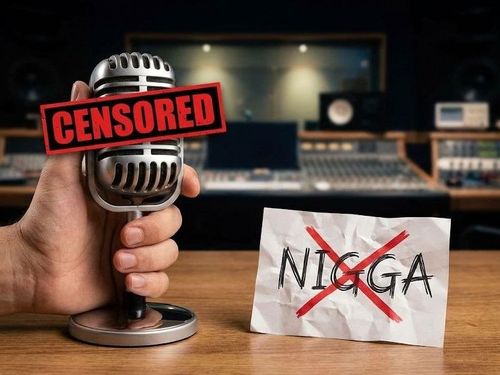Humans love to ask questions - it's just in our nature! We ask questions to get information faster and to build trust and empathy with others.
But sometimes, we hold back from asking questions because we don't want to seem clueless or rude. Did you know that this can actually stop us from seizing valuable opportunities?
In their recent article published in Harvard Business Review, Alison Wood Brooks and Leslie John, Harvard Business School professors, highlight the manifold benefits of asking questions in various settings.
They stress the role questions play in learning, exchanging ideas, innovation, and trust-building. By asking questions, we open ourselves to new discoveries, ideas, and experiences that can help us grow and succeed.
Effective Questioning Techniques
Distinction Between "Closed" and "Open" Questions
Brooks and John challenge the conventional wisdom that open-ended questions are continuously superior. They advocate assessing whether an interaction is "competitive" or "cooperative" to tailor the questioning approach accordingly.
In competitive situations, closed questions might more effectively extract information without leaving room for evasion or deception.
Conversely, cooperative conversations thrive with open-ended questions, encouraging thoughtful responses and deeper insights into a person's perspective.
Harnessing Negative Framing for Positive Outcomes
So here's the deal: if you wanna prepare for negative responses, the professors suggest a weird trick. Instead of asking questions in a positive way, assume negative outcomes and frame your questions pessimistically.

Asking questions | Shutterstock
This makes it more likely for the respondent to be honest and transparent. But don't come off as accusing them - stay chill and neutral in your tone to get the most candid answers without making them feel defensive.
Maximizing the Power of Follow-Up Questions
When you're having a conversation, it's important to ask follow-up questions that really get to the heart of the matter. You don't want to ask surface-level questions - you want to dig deeper and find out what the other person really thinks.
By doing this, you show that you respect them and are genuinely interested in what they say. Asking good follow-up questions helps keep the conversation going and makes the other person feel valued and appreciated.
Strategic Initiatives for Difficult Conversations
Trying to have a tough conversation might seem counterintuitive, but asking difficult questions first can make the other person more likely to open up and be honest.
On the other hand, if you're trying to connect with someone and build a relationship, starting with some easy questions and gradually moving towards more personal topics can help establish a better rapport. Psychologist Arthur Aron found that this reverse tactic can really work wonders.
Fundamentals of Artful Inquiry.
Simplicity in Question Construction
The essence of a question lies in simplifying complex concepts. Opting for simple, concise questions aids in organizing knowledge systematically and avoids overwhelming responses. Breaking down inquiries into manageable parts facilitates gradual learning and comprehension.
Building on Foundational Knowledge
Initiating queries based on existing knowledge is important. However, verifying foundational understanding with the respondent ensures accurate and aligned perspectives, preventing flawed biases that might lead to erroneous conclusions.
Choosing the Right Source for Answers
Ego and sentiment often cloud judgment when selecting sources for answers. Overcoming these biases by seeking answers from appropriate, knowledgeable individuals and diversifying sources enhances the validity and depth of knowledge acquired.
Extensive Information Gathering
Expanding the scope of inquiry by consulting multiple sources contributes to a robust knowledge base. Broadening one's search validates information and provides diverse perspectives, ensuring a comprehensive understanding of the subject matter.
The Role of Curiosity
Curiosity serves as the fundamental driving force behind effective questioning. Nurturing curiosity paves the way for innovative discoveries, fostering a proactive approach to learning and driving developmental strides.
The art of asking questions intelligently transcends the mere act of inquiry; it encompasses precision, simplicity, foundational understanding, selective sourcing, extensive exploration, and an insatiable curiosity. Mastery of this art empowers you to navigate complexities, uncover truths, and forge paths toward knowledge and innovation.




